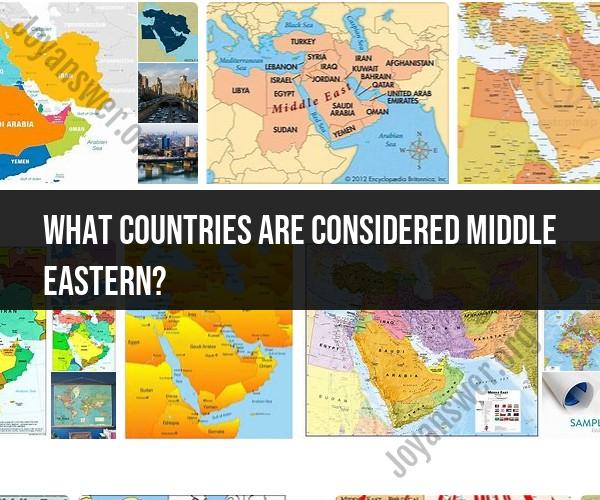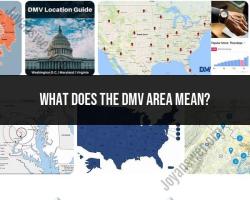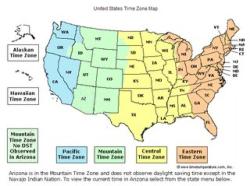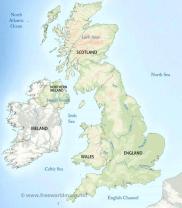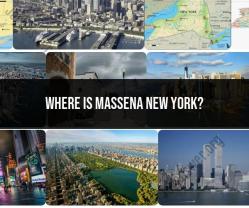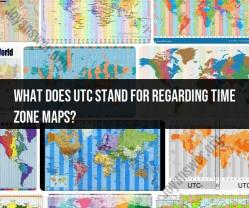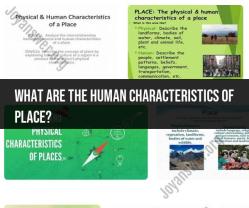What countries are considered Middle Eastern?
The Middle East is a diverse and geopolitically significant region located at the crossroads of Asia, Africa, and Europe. It is known for its rich history, diverse cultures, and strategic importance. While the definition of the Middle East can vary depending on context, it generally includes the following countries:
Saudi Arabia: The largest country in the Middle East, Saudi Arabia is known for its vast deserts, including the Rub' al Khali (the Empty Quarter), and its significance in Islam as the birthplace of the Prophet Muhammad.
Iran: Iran, also known as Persia historically, is known for its ancient civilization, rich culture, and historical sites. It is located in southwestern Asia.
Iraq: Iraq is situated between the Tigris and Euphrates rivers, often referred to as the "Cradle of Civilization." It has a complex history marked by ancient civilizations and more recent conflicts.
Israel: A small but highly influential country in the region, Israel is known for its historical and religious significance in Judaism, Christianity, and Islam. It shares borders with several Middle Eastern nations.
Jordan: Jordan is a stable country known for its historical sites, including Petra and the Dead Sea. It has played a role in various peace initiatives in the region.
Lebanon: Lebanon is known for its diverse culture and stunning Mediterranean coastline. It has faced significant political and sectarian challenges over the years.
Syria: Syria has a rich history but has been marked by a long and devastating civil war that began in 2011.
Turkey: While the majority of Turkey's landmass is in Asia (Anatolia), its largest city, Istanbul, straddles Europe and Asia. Turkey is known for its blend of Eastern and Western influences.
Egypt: Located in North Africa but often included in the Middle East, Egypt has a rich ancient history, including the Pyramids of Giza. It is known for its role in regional diplomacy.
Kuwait: A small but wealthy country in the Persian Gulf, Kuwait is known for its oil reserves and modern infrastructure.
United Arab Emirates (UAE): The UAE is a federation of seven emirates, including Dubai and Abu Dhabi. It has rapidly developed into a global hub for business, tourism, and luxury.
Qatar: Qatar, also in the Persian Gulf, is known for its significant wealth, natural gas reserves, and hosting the FIFA World Cup in 2022.
Bahrain: This small island nation in the Persian Gulf is known for its financial sector and strategic military presence.
Oman: Oman is known for its rugged landscapes and unique cultural heritage. It has historically played a role in maritime trade.
Yemen: Yemen is located in the southern part of the Arabian Peninsula. It has faced internal conflicts and humanitarian challenges in recent years.
Palestine: While not officially recognized as a sovereign state by all countries, Palestine is a significant player in the Middle East conflict, with the West Bank and Gaza Strip as its main territories.
This overview provides a broad perspective on the Middle East, but it's important to note that the region is complex and diverse, with varying cultures, languages, and geopolitical dynamics. Additionally, the political landscape can change rapidly, so it's essential to stay updated on current events and developments in the region.
